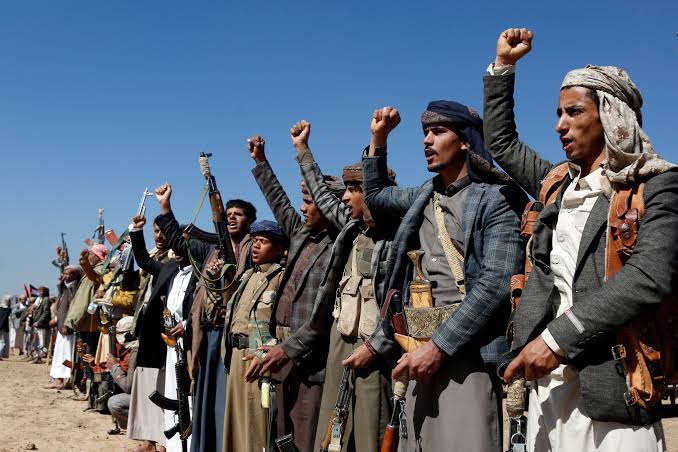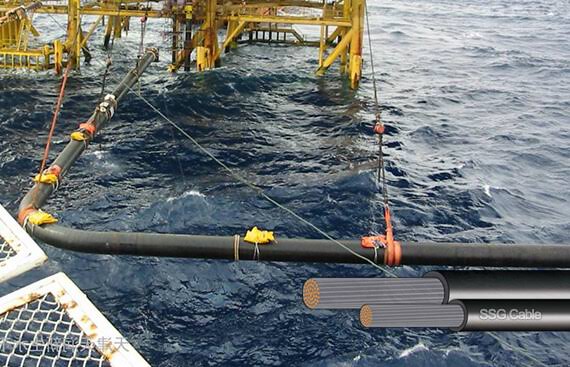Recent developments show that the Yemen rebel militia, Houthis, are being fingered for a targeted strike on submarine cables in the Red Sea, resulting in widespread global internet outages.
The unfortunate development has significantly impacted telecommunications networks, prompting providers to reroute a substantial portion of traffic between Asia, Europe, Africa and the Middle East, including vital internet traffic.

Reports indicate that cables belonging to four major telecom networks have been severed, causing considerable disruption to communication networks in the Middle East.
Hong Kong-based telecoms company HGC Global Communications has confirmed the severity of the situation, estimating that approximately 25% of traffic between Asia, Europe, and the Middle East has been affected.
In response to the crisis, HGC has swiftly initiated measures to minimise disruption for its customers, redirecting traffic and extending assistance to affected businesses.
However, the company is yet to disclose details regarding the cause of the cable damage or those responsible for the attack.
Repair efforts face significant delays, with South Africa-based Seacom, one of the affected cable system owners, indicating that repairs may not commence for at least another month.
The delay is partly attributed to the lengthy process of obtaining permits to operate in the area.
The impact of the damaged cables extends beyond immediate connectivity issues, as these undersea networks serve as the backbone of the internet. Damage to such critical infrastructure can lead to widespread internet outages, recall the disruptions following the Taiwan earthquake in 2006.

The timing of the attack coincides with warnings from the official Yemeni government regarding the potential targeting of cables by Houthi rebels. These Iranian-backed militants have previously disrupted global supply chains by targeting commercial vessels in the region.
While reports have implicated the Houthis in the cable damage, rebel leader Abdel Malek al-Houthi has denied these allegations, asserting no intent to target vital sea cables. Instead, the rebels have pointed fingers at British and US military units operating in the area, alleging their involvement in the attack.


